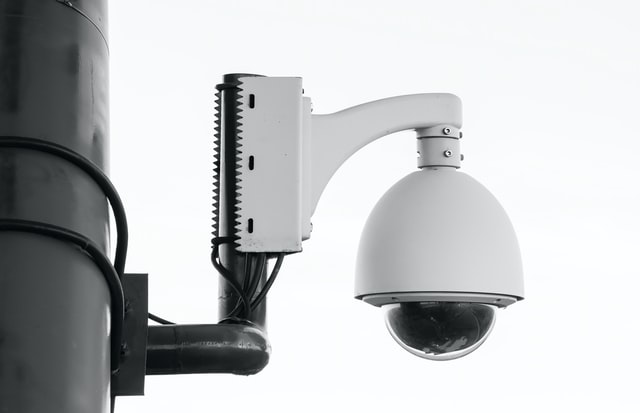Like many aspects of owning a business, it’s always a good idea to follow local ordinances and acquire proper permissions before opening your business or serving customers. One such permission that many people don’t think about is a liquor license Houston TX. What kinds of businesses need a liquor license? There are several kinds of establishments that are required to carry a liquor license before serving alcohol, including the following four:
1. Restaurants and Bars
Restaurants that serve alcohol, whether bottled beer or wine or mixed drinks made by bartenders, must obtain a liquor license before opening their doors to customers. Some restaurants obtain on-premises liquor licenses that permit staff to pour and serve alcohol that is consumed in the restaurant. Others also seek an off-premises liquor license that allows restaurants to sell alcohol that can be taken away from the premises, either in a sealed bottle or a to-go container.
2. Breweries
Breweries are another type of business that is required to carry a liquor license in order to serve customers alcoholic beverages. There are a couple of different types of brewer’s liquor licenses, including brewer’s permit and brewer’s self-distribution permit. Distilleries have the same expectations to hold updated permits, especially when they plan to serve alcohol on their property to patrons.
3. Hotels
When thinking about who needs a liquor license, hotels don’t immediately come to mind for many people. Hotels may have to hold several different types of liquor licenses at once, including a minibar license to sell drinks in secured minifridges in rooms, a mixed drink license to sell cocktails within the hotel, and several more.
4. Grocery Stores
Many grocery stores sell packaged beer and wine, and some even have a designated liquor section stocked with hard liquor. Grocery stores likely need a package store permit, which allows a business to sell sealed alcoholic beverages that will be consumed off the premises. Some states or provinces have laws that don’t allow grocery stores to sell alcohol after certain hours or on specific days of the week.
It can be utterly overwhelming to try to figure out which liquor licenses your business might need, and where to go to apply or pay fees. Fortunately, there are now agencies that can handle all of the research and paperwork for you, so you can focus on what is most important to you at the moment: preparing to open and run your business.


